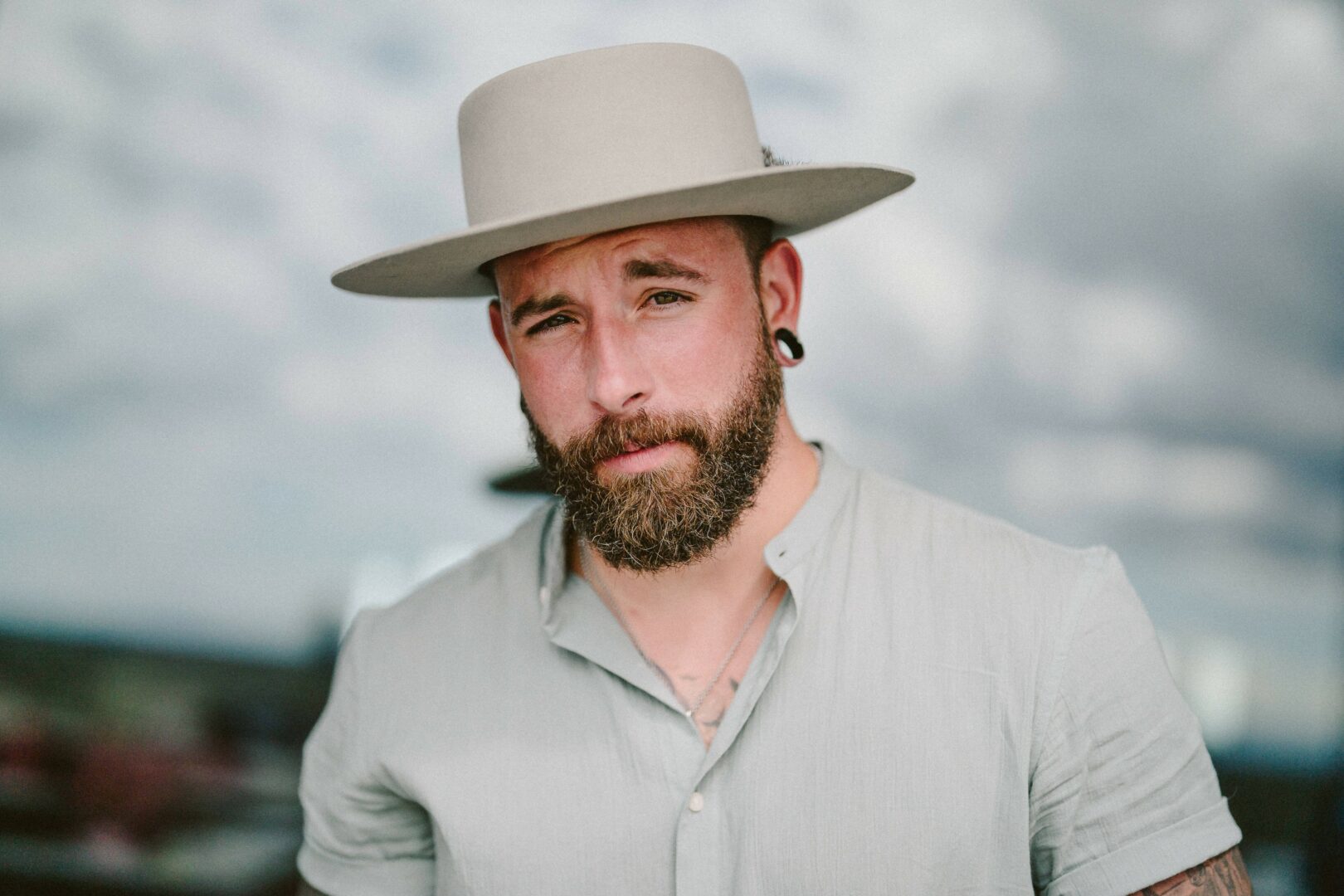We’re excited to introduce you to the always interesting and insightful Assel Omirserik. We hope you’ll enjoy our conversation with Assel below.
Assel, so good to have you with us today. We’ve got so much planned, so let’s jump right into it. We live in such a diverse world, and in many ways the world is getting better and more understanding but it’s far from perfect. There are so many times where folks find themselves in rooms or situations where they are the only ones that look like them – that might mean being the only woman of color in the room or the only person who grew up in a certain environment etc. Can you talk to us about how you’ve managed to thrive even in situations where you were the only one in the room?
Navigating my role as the Head of the Filmmaking Department at the Kazakh National University of Arts has been both rewarding and challenging. At 25, I am the youngest person to ever lead the department, managing a team of about 30 instructors, many of whom belong to an older generation. While I have a clear vision for modernizing our filmmaking education, I’ve faced resistance simply because of my age.
There have been moments when, even if I’m right about a particular issue or solution, some colleagues prefer to side with an older, less-qualified individual. It’s frustrating to see decisions made based on age or habit rather than merit. Many are set in their ways, clinging to outdated methods because they’re either skeptical of new approaches or too resistant—and sometimes too lazy—to adapt. Proposing innovations often feels like an uphill battle, as I’ve had to repeatedly prove that change is necessary to keep up with global standards.
Despite these challenges, I’ve seen progress. In just one year, we’ve brought in several young instructors who share my drive for transformation. Their fresh energy and ideas are gradually shifting the department’s dynamics. I believe that over time, this new wave of educators will help us align more closely with the rapid changes in the filmmaking industry worldwide. It’s a slow process, but one that I’m committed to leading with patience and perseverance as long as I am here.


Great, so let’s take a few minutes and cover your story. What should folks know about you and what you do?
I’m passionate about filmmaking and education, serving as Head of the Film Directing Department at the Kazakh National University of Arts. I mentor young filmmakers, blending my experience and the skills I gained at the New York Film Academy to help them create bold, impactful stories.
Our department thrives on collaboration, hosting masterclasses and projects with filmmakers and film schools from France, Estonia, China, and Japan. Recently, our students achieved a major win in the animated film category at a festival in Moscow. We’re also planning exciting initiatives, such as the international film festival “Tomiris,” which will be led by our dean, Imanbergen Marat, and our dedicated film department.
For me, filmmaking is a universal language that inspires change and connects people. Guiding the next generation of storytellers is both an honor and a privilege.


Looking back, what do you think were the three qualities, skills, or areas of knowledge that were most impactful in your journey? What advice do you have for folks who are early in their journey in terms of how they can best develop or improve on these?
Being a creative is hard—it’s a long game. But there are three qualities and mindsets that have been most impactful in my journey:
Don’t Compare Yourself to Others
It’s easy to fall into the trap of toxic comparison, especially in such a competitive field. Instead, learn from others’ paths and let their growth motivate you. But remember, everyone has their own journey. Your path as a filmmaker is unique—honor that.
Use What You Have and Keep Telling Stories
It’s tempting to focus on what you don’t have and let it hold you back. Don’t. Use whatever resources, equipment, and collaborators you have at hand to tell your stories. Christopher Nolan shot his first film with no budget and his friends. If he had waited for the “perfect opportunity,” the world might never have seen the filmmaker he became. Start where you are, and do the best you can with what’s available.
Be a Craftsman, Not a Fame Seeker
Focus on honing your craft, not chasing fame. I’m inspired by Taylor Swift, who kept writing songs through every high and low, becoming one of the most respected songwriters of her time. Her dedication to the craft speaks volumes. Similarly, I decided not to wait for a “big break” but to focus on becoming a great craftsman. The reward is in telling stories that resonate and, hopefully, leave an impact.
For those starting out, embrace your journey, work with what you have, and prioritize craftsmanship over recognition. The rest will follow.


Thanks so much for sharing all these insights with us today. Before we go, is there a book that’s played in important role in your development?
The book that impacted me the most is Martin Eden by Jack London. It’s a powerful story about obsession, craftsmanship, and the transformative power of hard work and belief. The protagonist’s relentless pursuit of his craft and unwavering belief in his potential deeply resonated with me. It’s a reminder that dedication and resilience can overcome almost any obstacle and lead to remarkable achievements.
Contact Info:
- Instagram: https://www.instagram.com/bndsselyan?igsh=OGN4M2FmMzNiZnRv
- Linkedin: https://www.linkedin.com/in/assel-omirserik-aa4a12225







Image Credits
Misha Chekassov
so if you or someone you know deserves recognition please let us know here.




